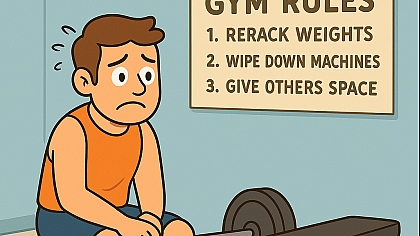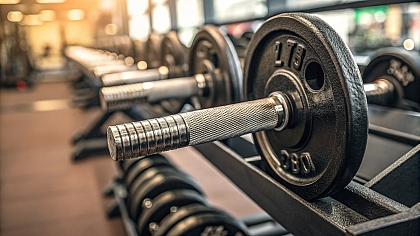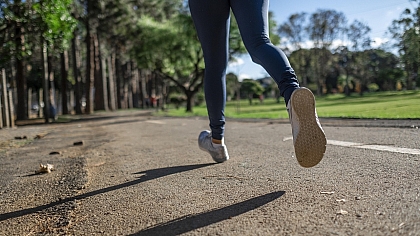
You May Perform Better In School If You Make Time For Exercise
If it's for exams, the general university, or school courses, it's essential to plan time to exercise and for revision and homework.
Exercise is not just a way to aid in focusing and remembering details better. It may assist you in sleeping better and dealing with the stress of exams and deadlines.
Exercise boosts Memory and Concentration

The lower levels of oxygen in our blood can hinder our ability to focus. If you're unable to concentrate, it is harder to absorb new information or remember what you've studied previously. Physical exercise boosts the circulation of oxygen into the brain. This aids in improving brain functioning and enhancing your focus.
Exercise Enhances Sleep, and it Enhances Memory

Sleeping well is just the same as having drinking water or food for the brain to work optimally, and sleep deprivation has been proven to decrease individuals' performance in cognitive tasks, such as tests of memory.
The constant anxiety about deadlines or tests, typically coupled with a high dose of caffeine, intense focus until late at night, and an occasional all-night cram, can begin to disrupt sleeping patterns to the point that we require a feeling of reinvigoration and awakeness.
However, you're more likely to perform better on the exam if you have an adequate night's rest prior to the exam instead of staying awake all night studying.
Exercise Boosts Mood and Improves Emotions

Numerous studies have demonstrated that exercise can improve our mood, improve depression-related symptoms that are self-reported and also reduce anxiety. Being happy will help us focus and concentrate and feel more secure when doing our homework, revising, or sitting in an exam.
Researchers have identified a variety of brain hormones and chemicals that help to regulate our mood, which could be affected by exercise.
Other brain chemicals are also contributing to our feeling more relaxed when exercising, such as serotonin. It is released when we do repetitive tasks like running, walking, or riding bikes.
One of the interesting results from some of the studies on the relationship between exercise and mood is that those who began the test in the worst mood also experienced the most improvements in their moods after exercising.
If you are feeling down when working or revising, or if you are stuck with an assignment, having a break to exercise may aid in getting you into an improved state of mind.
A Word on Coffee

Studying and coffee could be considered to be common partners, but caffeine can have an impact on a variety of hormones that could be detrimental to you over the long term.
It reduces the absorption of adenosine, which is a chemical that makes people feel more relaxed and calm; it also increases adrenaline, which could provide a brief energy boost, but it can cause us to feel exhausted later in the day and also raises amounts of the hormone that causes stress cortisol.
How Often and How Much?
There are a variety of excellent reasons to incorporate vigorous workouts or physical activities into your routine every week so that you can maximize your chances of reaching the academic targets you have set.
It will make you feel calmer and more relaxed, boost the feeling-good chemical in your brain, as well as help you get more sleep, all of which can aid in focusing better and improve your memory.
People who suffer from sleep disorders are generally advised not to exercise for three hours before getting to bed. However, new research suggests that exercise at night may not affect sleep like previously thought. It's prudent to avoid exercising, if possible until we can get clearer answers.
There are many additional advantages of exercising that haven't been discussed in this article, and if you're focused on a university or school job, your priorities may shift for a few days. However, if you're having a snack while working, exercising will help you burn off those calories too!
About the Author: Rachel R. Hill
A determined researcher and skilled author, Rachel has found enormous satisfaction in sharing her expertise and expertise with other people. Being an assistant in the department permits her to remain in contact with students and always be available to help or listen. Go to the website to find Rachel among the authors for Study Crumb, who is willing to extend her reach and provide tips to a larger public on the web.










COMMENTS
Remember, prioritizing your health and allowing yourself proper time to heal is essential. Once you have fully recovered, you can gradually increase your exercise routine and find a balance that allows you to both prioritize your physical health and excel in your academic pursuits.